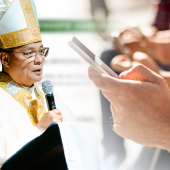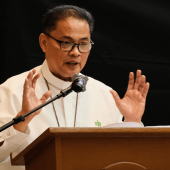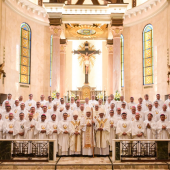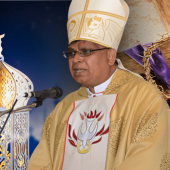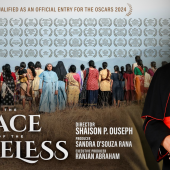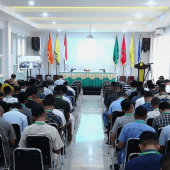Religious and workers' group opposes plan to change Philippine constitution
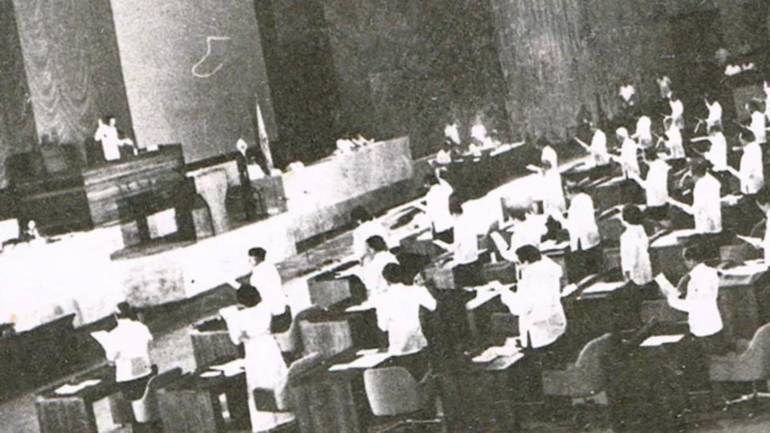
The Church-Workers Solidarity has expressed its objection to the People's Initiative on Charter Change.
In a statement, the group said it "strongly rejects any attempt to change the 1987 Constitution."
The group has pointed out that the proposed amendment to the economic provisions is "not a priority" and would sink the government deeper into its prostitution to the interests of foreign and local capitalists under the neoliberal agenda.
"The total eradication of remaining nationalist economic provisions will only intensify the chronic problems of unemployment, contractualization, denationalization, liberalization and privatization," the group said.
The group has also warned that the proposed charter change would remove specific provisions protecting the rights and welfare of workers.
"Those labor rights include rights to self-organization, collective bargaining, security of tenure, human rights conditions at work, and a living wage, " the group stated.
The group also said the amendment to the constitution would perpetuate political dynasties in power if the government shifted to the parliamentary or federal system.
They reiterated that amending the charter would not benefit the poor and would only exacerbate the basic problems of those on the margins of society.
"We urge the people on the ground to be more discerning and refrain from signing the so-called “People’s Initiative” initiated by self-serving politicians," the group said. "As the CBCP [Catholic Bishops Conference of the Philippines] reminds us, the said signature drive is “not a result of careful study and discussion.”
Father Amado Picardal, who currently lives in Rome, joined the clamor to oppose the move to amend the charter.
In his recent piece in the CBCP Monitor, he said, "This is not a people's initiative."
Picardal also feared that changing the economic provisions in the charter would further widen the gap between the working people and the few who own the industries.
"We can only suspect that it is political," he wrote. "Beyond the economic provision, the goal could be to change the form of government [parliamentary or federal]." This could also include changing the term limits."
In a speech on February 8 at the Manila Overseas Press Club, Philippine President Ferdinand Marcos, Jr., clarified that he was only seeking an economic amendment to the charter that could advance the country's economy.
“I want to make it clear," Marcos said. " This administration's role in introducing constitutional reforms extends to economic matters alone, or those strategically aimed at boosting our country's economy."
On January 23, the state media Philippine News Agency [PNA] reported that Marcos was open to amendments to political provisions in the charter. - Oliver Samson
Radio Veritas Asia (RVA), a media platform of the Catholic Church, aims to share Christ. RVA started in 1969 as a continental Catholic radio station to serve Asian countries in their respective local language, thus earning the tag “the Voice of Asian Christianity.” Responding to the emerging context, RVA embraced media platforms to connect with the global Asian audience via its 21 language websites and various social media platforms.









